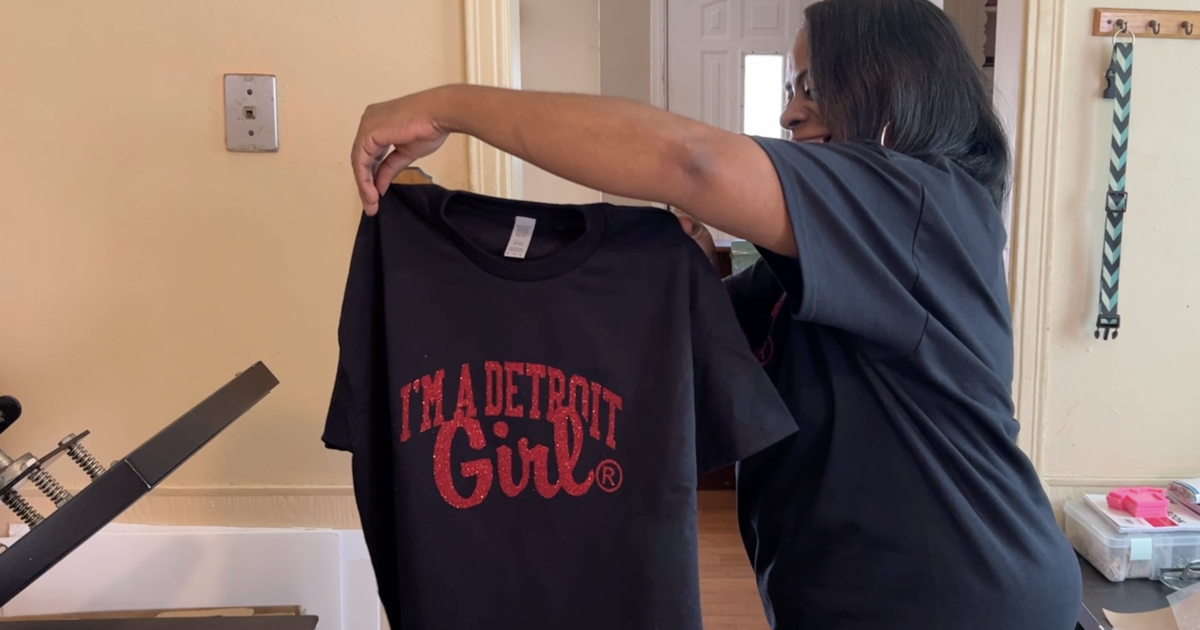4 Interior Design Tips To Help You Get Your Best Sleep
(CNN) -- Waking up refreshed and well-rested isn't always easy, but it's imperative for your overall health.
"Sleep hygiene is patterns and behaviors that we have control over to help promote healthy sleep," said Dr. Matthew Schmitt, a board-certified sleep physician at Piedmont Healthcare in Atlanta.
"Think of it as putting the oil in the car," he added. "We need good sleep to help restore and revitalize all the important functions in our body."
Though some people have managed to master the habits associated with better sleep, others haven't figured out how to turn their bedrooms into sleep-inducing environments.
"The bedroom is important when it comes to designing your home," Atlanta-based interior designer Nishi Donovan said. "It's often the single sanctuary that you have for peace and privacy in your home."
Here are some tricks you can implement in your bedroom to help you get a good night's rest.
1. Declutter
All the rooms in your home have designs that reflect specific purposes. When you walk into the bedroom, you think sleep.
You may sleep better in a hotel than at home because hotel rooms usually lack the usual distraction: clutter.
"When you walk into a room and there is a lot of chores staring at you in the face, it can cause a lot of anxiety," Donovan explained. "Decluttering and having things put away can give you a sense of more peace."
Science backs this theory. A study out of St. Lawrence University found that people who sleep in cluttered rooms are more likely to have trouble falling asleep at night and experiencing rest disturbances.
"The mental state that we take into the bedroom is important," Schmitt said. "Sleep is not just the bedroom itself; it's a very cerebral process."
2. Get your light right
Darkness is an essential condition for good sleep.
"I recommend that my clients try to darken their space as much as possible, because light can interfere with your circadian rhythm," Donovan said.
The circadian rhythm regulates the sleep-wake cycle. In the dark, our body temperature drops, metabolism slows, and the hormone melatonin rises to help induce sleep.
Eliminating a lot of blue light and natural light when you're ready for rest is optimal.
"Window treatments are really important for blocking out all the light," Donovan said. "I always recommend blackout curtains. Not only is it good for blocking out the light, but it's also really good for controlling the amount of heat that gets trapped into the rooms during the day."
When it comes to blue light from our mobile devices, it gets tricky.
"Technology is a double-edged sword," Schmitt said. "There are so many good applications and technological products that are on the market these days that actually can promote good sleep. On the other hand, it is becoming this addiction that disrupts our sleep."
When these devices emit high-intensity blue and green wavelengths of light, it suppresses our melatonin.
"It's important to keep appropriate sleep screen habits, where we cut back on our screen time or at least set alarms to let us know it's time to put the phone down," he said.
Schmitt also goes further and suggests establishing an outside room for your devices so your sleep sanctuary can stay free of anything disruptive.
"I would suggest removing the television or setting a sleep timer," he said. Doing this can have significant long-term benefits when it comes to sleep hygiene.
On the other hand, there are some cases in which noise can be helpful.
"For some people, low-level white noise really helps their mind breathe," he explained. White noise can block disruptive sounds and support a meditative state.
3. Wall colors: It's a mood
There is "no one size fits all" color when it comes to relaxing.
Donovan suggested, "ask yourself, how does it make you feel? Does it make you feel happy? Does it make you feel relaxed?
"Carefully selecting based on your aesthetic and your personality is going to help you achieve that calmness."
She has one rule of thumb.
"If you don't have a lot of natural light, you don't want to go too dark on your walls, because it can make it very cave-like. If you have big expansive windows with a lot of natural light, then you can definitely go with a darker tone."
4. Sounds, smells and feels
About two hours before bedtime is an excellent time to start winding down, Schmitt says. A pre-sleep routine is extremely important. It's the time when you set your "vibe" for a good night's rest. What you hear, smell and feel can be deciding factors.
Schmitt says the optimal temperature for your bedroom is between 65 and 70 degrees Fahrenheit. "Having a room that's nice and cool will help foster falling asleep hopefully easier and quicker."
While on the subject of temperature, we know how important a mattress can be in making you feel cozy enough to sleep, but your bedding has an impact on this as well.
"I think some of the most important factors are having a really good mattress and good sheets," Donovan said.
She suggests bamboo or Tencel sheets. They're moisture-wicking, so you don't have to worry about being drenched or smelly when you wake up. These sheets also get softer over time.
Speaking of smells, Donovan says that spraying your sheets with essential oils is a nice relaxing touch for any bedroom.
"When you first hit the bed, you get a whiff of that, and as soon as you inhale, it is like something releases those hormones and decreases your stress."
You should be spending about a third of your life sleeping. Schmitt says it's time well-spent.
"Many people tend to think of sleep as lost time, when in fact, it's probably the exact opposite. We need good sleep to help restore and revitalize all the important functions in our body."
And a good restful bedroom is the ideal place to optimize those vital dormant hours.
The-CNN-Wire™ & © 2019 Cable News Network, Inc., a Time Warner Company. All rights reserved.



